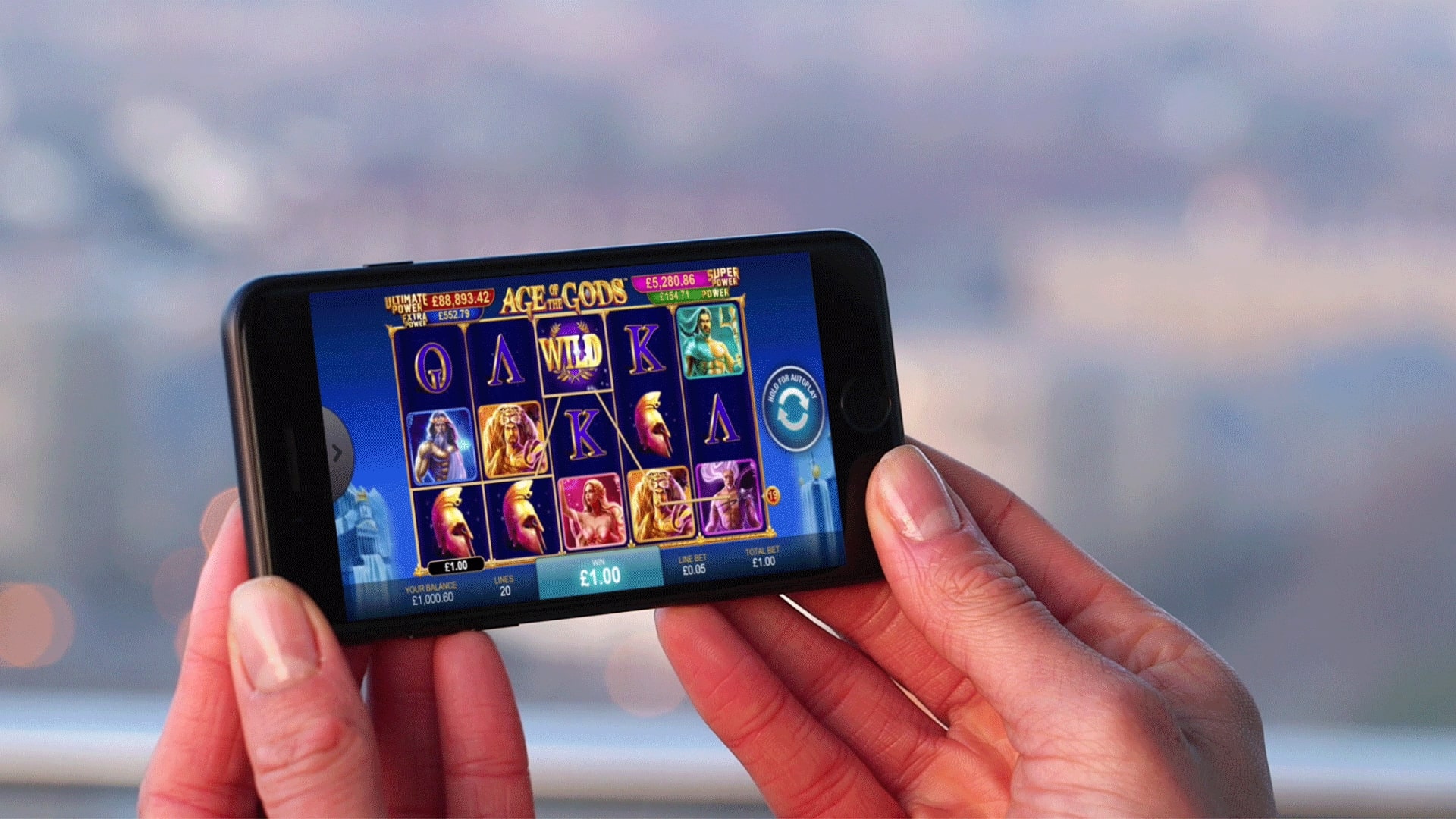The rise of online gaming has transformed the way people experience entertainment, offering a dynamic and interactive way to engage with others, challenge oneself, and immerse in virtual worlds. With the development of high-speed internet connections, powerful gaming hardware, and a vibrant community of gamers worldwide, online gaming has evolved into a cultural phenomenon RAJA 189. Whether you are a casual player looking for a quick escape or a competitive player chasing the thrill of esports, the world of online games offers something for everyone.
A Gateway to Endless Entertainment
One of the most compelling aspects of online gaming is its diversity. From immersive multiplayer role-playing games (RPGs) like World of Warcraft to fast-paced battle royales like Fortnite, and strategy-based games like League of Legends, online gaming covers a vast spectrum of genres. Players can explore virtual worlds, solve puzzles, fight epic battles, or build cities with millions of other players, creating experiences that are constantly evolving.
Unlike traditional single-player games, online games allow individuals to connect with friends, family, or complete strangers from around the world. Many games feature multiplayer modes that allow players to team up or compete against each other, forging a sense of community and camaraderie. In some games, such as Minecraft or Fortnite, players can form teams and alliances, creating deep, lasting friendships that transcend the screen.
The Social Side of Online Gaming
One of the most significant shifts in gaming over the past decade has been the integration of social elements into gameplay. Online games are no longer isolated experiences; they serve as virtual spaces where players can communicate, cooperate, and engage in shared experiences. Platforms like Discord, Twitch, and Steam have become hubs for gamers to connect in real-time, form communities, share tips, and discuss strategies.
In games like Among Us or Call of Duty, voice chats and messaging systems allow players to strategize in real-time, communicate with teammates, or simply engage in friendly banter. These interactive features not only make games more fun but also foster relationships between players, some of which turn into long-lasting friendships or even competitive teams.
Competitive Gaming and Esports
For those with a more competitive streak, online gaming has become a global arena for esports. Esports refers to organized, multiplayer video game competitions, particularly between professional players, individually or as teams. Games like Dota 2, League of Legends, Counter-Strike: Global Offensive, and Overwatch have established massive, professional leagues, complete with sponsorships, media coverage, and multi-million-dollar prize pools.
The world of esports has turned gaming into a professional career for many talented individuals, and the industry continues to grow, with new games entering the competitive scene each year. The rise of streaming platforms like Twitch and YouTube has also made it easier for players to showcase their skills to a global audience, turning talented gamers into celebrities.
Accessibility and Inclusivity in Online Gaming
Online gaming has significantly advanced in terms of accessibility, allowing players of all backgrounds, abilities, and preferences to engage with games on their own terms. Many modern games come equipped with accessibility options, such as adjustable difficulty levels, colorblind modes, and custom controls, making it easier for players with disabilities to enjoy gaming.
Moreover, gaming companies are putting more effort into creating inclusive environments where players from diverse backgrounds feel welcome. With games now offering cross-platform play, players on different consoles or devices can join the same game, breaking down barriers between different gaming communities. This inclusivity has led to a more globalized gaming culture, where players from different countries and cultures can interact and learn from one another.
